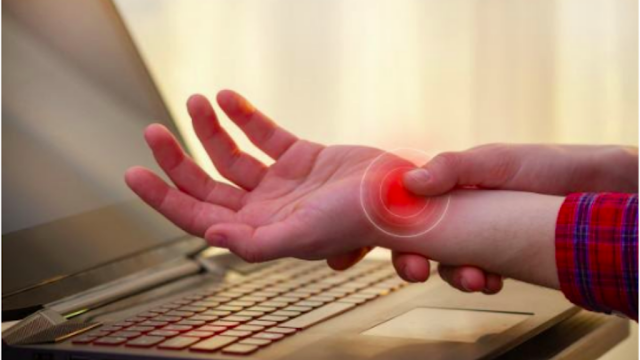Importance of Spine Care in Today's World
All those years of hard work have put a strain on your body and now that you are growing old you are starting to feel it more and more day by day. There are times when you feel a pain along the back and down your spine. This is what today we will discuss about - Spine Care. Taking care of your body that goes without saying is important. We were constantly hammered with the fact that sitting straight will prevent all the back problems later in life. This is partially true as there are multiple underlying factors that contribute to back problems. We will discuss some of them today.
Back pain is one of the most common reasons for skipping work and a leading cause of disability worldwide. Having a back pain is like living under a weight that is tied and moves along with you. Most of the time it can be resolved if you consult with your doctor early on before your back pain becomes severe. Spine care is one of the most important aspects of taking care of your health. There are various reasons as to why you are suffering from back pain and reaching its root is what your doctor will do. If prevention fails, simple home treatment and proper body mechanics often will heal your back within a few weeks and keep it functional. Surgery is rarely needed to treat back pain.
Symptoms: Back pain can be as simple as a common muscle ache to a shooting, burning or stabbing sensation. This pain can radiate towards the lower body as well as the upper body making your movement limited. These symptoms can get worse with bending, twisting, walking, standing or lifting. Lower back pain also known as lumbago is a symptom and not a disorder - a symptom of one or multiple underlying medical conditions. Such conditions can affect one or more parts of our body such as ligaments, muscles, nerves, or vertebrae. Sometimes the pain can also develop due to improper functioning of our kidneys.
Causes: The most common causes for back pain include strain due to improper postures, standing for long periods, heavy lifting with improper technique, and more. There are also chances that our spine may develop some improper structures that don't happen normally. For example, our vertebrae, the interlocking bony structures that make up our spine, can grow abnormally from a very young age or could dislocate after an accident. Also the discs that provide cushioning between each bone can also bulge, herniate, or rupture causing improper spine structure. These conditions can make the nerves running down the spine compress causing tremendous back pain.
Arthritis: Spinal osteoarthritis is also a potential cause for back pain. It’s caused by damage and deterioration in the cartilage of joints in your lower back. Over time, this condition can lead to narrowing of the spinal column or spinal stenosis.
Osteoporosis: Loss of bone density and thinning of the bone, called osteoporosis, can lead to small fractures in your vertebrae. These fractures can cause serious pain and are referred to as compression fractures.
Other causes of back pain: There are many other potential causes of back pain, but most of these are rare. Be sure to see your doctor if you experience regular back pain that does not go away.
After ruling out the more common causes of back pain, your doctor will perform tests to determine if you have a rarer cause. These can include:
- displacement of one vertebral body onto another, called degenerative spondylolisthesis
- loss of nerve function at the lower spinal cord, called cauda equina syndrome (a medical emergency)
- fungal or bacterial infection of the spine, such as Staphylococcus, E. coli, or tuberculosis
- cancer or nonmalignant tumor in the spine
- kidney infection or kidney stones
Medications: In most cases the pain is relieved without any surgery or using over the counter NSAIDs (non-steroidal anti inflammatory drugs) that help relieve pain. There are pain relievers or analgesics to reduce pain however they don’t have any anti inflammatory properties. Although these medications provide temporary relief from back pain, they should be consumed under proper guidance from your doctor. It is often advised to be careful with these medications if you have kidney problems or stomach ulcers.
Other medication options include Rubs and Ointments, Muscle relaxants, antidepressants, and steroid injections. Apart from these there are certain home remedies that can also help in aiding relieving back pain. These remedies include heat/ice therapy, exercises, massage with essential oils and even epsom salt baths. Also there are certain therapies that also help in providing relief from back pain which include acupuncture, chiropractic adjustments, and other relaxation techniques.
Surgery: It is a last resort treatment and is rarely needed for back pain. It’s usually reserved for structural abnormalities that haven’t responded to conservative treatment with medicines and therapy. This includes severe, unremitting pain nerve compression that causes muscles to become weak. Spinal fusion is a surgery in which painful vertebrae are fused into a single, more solid bone. It helps eliminate painful motion of the spine. Surgery to partially remove and replace disks and vertebrae may be done to relieve pain caused by degenerative bone diseases.
Strolling, laughing, and tossing a ball with the kids. These carefree moments can still be yours. After reading all this be sure that spine care should be on your checklist next time you visit your doctor for your routine checkup.


Comments
Post a Comment